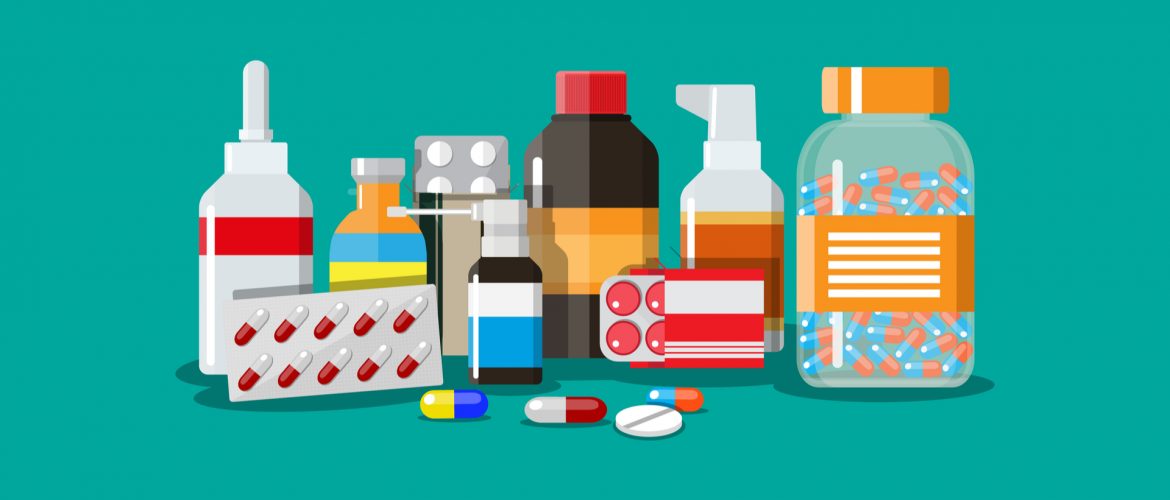A physician pleaded guilty in federal court to falsely certifying that products and tests were medically necessary for more than 2,000 Medicare and Medicaid patients in Missouri whom he never met or examined. From February 2019 to April 2021, certain individuals and entities — including marketing, physician recruiting, and telemedicine companies — developed a scheme that targeted the Medicare and Medicaid programs to obtain millions of dollars in reimbursements from those programs.
The physician, who practiced medicine in the state of Missouri, among other places, contracted with a staffing company to work as a telemedicine provider. The firm, identified in court documents as Company A, gave the physician access to electronic portals so that he could receive information about the patients assigned to him. He reviewed the information and electronically signed the patient forms and orders he received from Company A.
When the physician pleaded guilty, he admitted that he signed the patient forms and certified that durable medical equipment or genetic tests were medically necessary. For the genetic tests, he also signed a separate letter of medical necessity. He knew that his orders would be used to submit claims for payments to Medicare and Medicaid, which paid claims submitted by the durable medical equipment companies and testing laboratories.
The physician had no doctor-patient relationship with the Medicare or Medicaid beneficiaries for whom he signed orders and certified medical necessity. He did not see or communicate with any of them. Before he signed the orders, he made little effort to find out how or from whom the patient information was obtained, who collected the information, the qualifications of any person gathering or providing the information, or whether the information was accurate and complete. He provided no follow-up care for these patients after he signed the orders for them to receive durable medical equipment or genetic testing.
The physician rarely, if ever, declined to sign any orders he received from Company A. For many or most of the patients, less than a minute elapsed between when he accessed the patient’s information through the electronic portal and when he signed the order for durable medical equipment or genetic testing. Accordingly, he knew his false and fraudulent statements and documents were untrue when he made them. The orders that he signed were submitted to durable medical equipment companies and clinical testing laboratories, many of whom paid illegal kickbacks to individuals and entities unknown to him.
The physician ordered durable medical equipment and genetic tests for 2,184 Medicare beneficiaries between March 2019 and April 2021. Company A paid him approximately $20 for each order that he signed, for a total of $44,860. The orders that he signed for durable medical equipment for Medicare beneficiaries caused Medicare to be billed more than $6.2 million, and Medicare actually paid those companies almost $3.1 million. The orders that he signed for genetic testing for Medicaid beneficiaries caused Medicaid to be billed more than $2.5 million by the laboratories, and Medicaid actually paid those companies almost $525,000.
Issue:
While the expansion of telehealth has been critical to maintaining beneficiaries’ access to care, it is important that new policies and technologies with potential to improve care and enhance access achieve these goals and are not compromised by fraud, abuse, or misuse. In recent years, the Office of Inspector General (OIG) has conducted dozens of investigations of fraud schemes involving companies and individuals that purported to provide telehealth, telemedicine, or telemarketing services and exploited the growing acceptance and use of telehealth. These schemes raise fraud concerns because of the potential for considerable harm to federal healthcare programs and their beneficiaries, which may include: (1) an inappropriate increase in costs to federal healthcare programs for medically unnecessary items and services and, in some instances, items and services a beneficiary never receives; (2) potential to harm beneficiaries by, for example, providing medically unnecessary care, items that could harm a patient, or improperly delaying needed care; and (3) corruption of medical decision-making. Practitioner arrangements with telemedicine companies may also lead to criminal, civil, or administrative liability under federal laws including, for example, the federal anti-kickback statute, OIG’s exclusion authority related to kickbacks, the Civil Monetary Penalties Law provision for kickbacks, the criminal healthcare fraud statute, and the False Claims Act.
Discussion Points:
- Review policies and procedures regarding the use of telemedicine within the facility and preventing fraud, waste, and abuse. Also review your policies and procedures for operating an effective compliance and ethics program to ensure that the identifying and reporting of false claims or kickbacks is part of your policy.
- Provide education to nursing and business office personnel on their responsibility to identify and report any concerns that unnecessary medications, treatments, supplies, or equipment are being ordered for residents. Train staff about fraud, waste, and abuse and the prohibition regarding acceptance of illegal kickbacks and bribes in exchange for ordering medical equipment, performing lab tests, prescribing medications, and other activities. Staff who observe or reasonably suspect that kickbacks and bribes are being offered or accepted should report such suspicions to their supervisor or through the facility’s Hotline.
- Periodically audit to determine if telemedicine tools are being used appropriately and that facility personnel are not being offered or accepting bribes or kickbacks. Also audit to ensure that staff are aware of their responsibility to identify compliance and ethics concerns and to promptly report violations to their supervisor, the compliance and ethics officer, or via the anonymous hotline.












































































